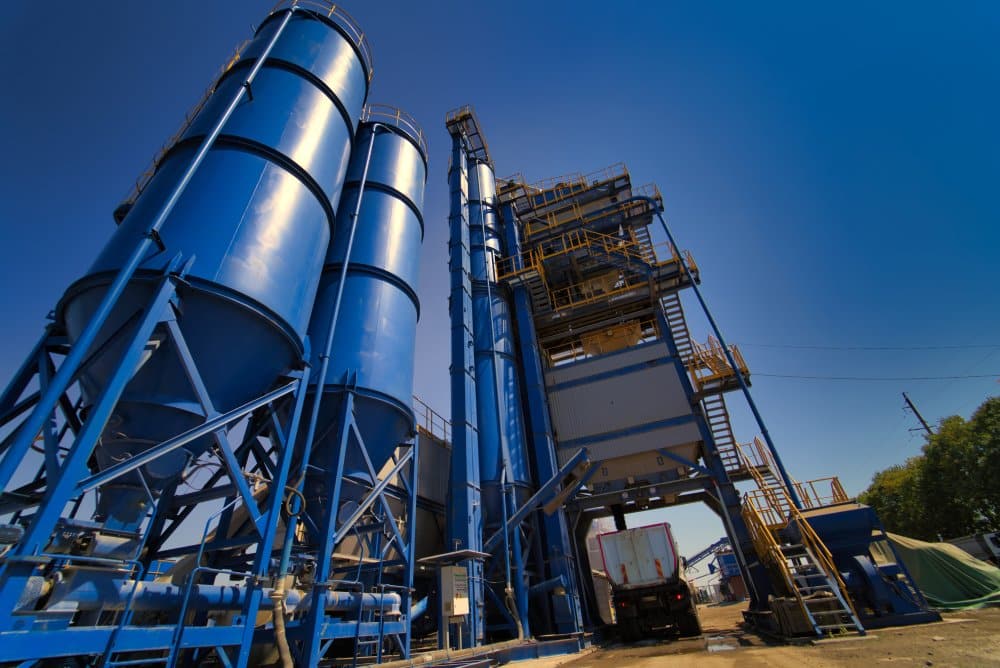Running an asphalt plant requires precision, efficiency, and reliable equipment. Among the many moving parts, the asphalt pump stands out as one of the most critical components in the entire mixing process. It ensures a steady, consistent flow of asphalt binder to the mixing chamber, directly affecting product quality and production efficiency. Choosing the right pump is not only about compatibility but also about optimizing performance and preventing costly downtime.
In this guide, we’ll walk through the essentials of choosing asphalt pump solutions for your plant—from understanding their role to evaluating types, key features, and performance considerations.
The Role of Asphalt Pumps in Plant Operations
An asphalt pump serves as the heart of the material transfer system. Its primary job is to move hot asphalt cement (bitumen) from storage tanks into the mixing process. Without a properly selected and maintained pump, plants can experience inconsistent flow, contamination, or breakdowns that disrupt production schedules.
The right pump doesn’t just move material—it ensures accuracy, reliability, and long-term plant efficiency.
Why the Right Pump Matters
A mismatched or undersized pump can cause headaches for operators. Issues like frequent clogs, excessive wear, or inconsistent discharge rates can lead to costly maintenance and lost productivity. On the other hand, the right pump reduces downtime, lowers operational costs, and extends equipment life.
For plant managers, choosing asphalt pump solutions tailored to their operation is a long-term investment in quality and reliability.
Types of Asphalt Pumps
Several pump types are commonly used in asphalt applications. Understanding these helps in selecting the best fit:
- Gear Pumps – Known for durability and consistency, these are widely used in asphalt plants. They provide a steady flow but require proper heating to prevent asphalt from solidifying.
- Screw Pumps – Ideal for handling high-viscosity materials. They offer smooth flow and can manage higher capacities efficiently.
- Centrifugal Pumps – Used in some applications, but less common for asphalt due to challenges in handling high-viscosity materials.
- Specialized Asphalt Pumps – Custom-designed pumps engineered for demanding asphalt plant operations, offering precise control and long service life.
Trusted providers like Asphalt Pumps from Double D Distribution ensure you get pumps suited to real-world plant demands.
Key Factors to Consider When Choosing an Asphalt Pump
When selecting a pump for your plant, it’s important to evaluate more than just capacity. Key considerations include:
Viscosity and Temperature – Asphalt is highly viscous, especially at lower temperatures. Pumps must handle the material at the right operating range.
Flow Rate Requirements – Match the pump’s output to your plant’s production volume to avoid bottlenecks.
Material Compatibility – Pumps must be designed with materials that withstand the abrasive and sticky nature of asphalt.
Energy Efficiency – Energy costs add up quickly. Look for pumps engineered for efficiency to reduce long-term operational expenses.
Maintenance and Serviceability – Easy-to-maintain designs reduce downtime and extend service life.
Matching Pump to Plant Size and Production Volume
The size of your asphalt plant and your production goals play a big role in pump selection.
- Small-Scale Plants – Often benefit from compact gear pumps that balance performance and affordability.
- Medium-Scale Plants – May require screw pumps that deliver higher volume and efficiency.
- High-Capacity Plants – Need specialized pumps engineered for heavy-duty, continuous operation with advanced controls.
Choosing a pump that matches your production requirements ensures efficiency without overburdening your equipment.
Tips for Maximizing Pump Performance
Even the best asphalt pump requires care to operate at peak performance. Here are some proven strategies:
- Regular Heating Checks – Ensure heaters and jackets keep asphalt at the proper viscosity for smooth pumping.
- Routine Maintenance – Clean, lubricate, and inspect pumps frequently to catch small issues early.
- Proper Installation – Misalignment or poor setup can shorten pump life dramatically.
- Work with a Reliable Supplier – Partnering with a trusted company ensures you get not only the right pump but also the training and support for long-term success.
Best Practices in Asphalt Pump Selection
- Don’t size pumps purely on cost—long-term reliability often saves more.
- Factor in spare parts availability and service support.
- Consider how automation and controls integrate with your plant.
- Look for pumps designed specifically for asphalt, rather than retrofitted from other industries.
With the right pump, your plant gains consistency, reduced downtime, and better overall efficiency.
Conclusion
Selecting the correct asphalt pump is one of the smartest investments you can make for your plant. By understanding the different types of pumps, evaluating key performance factors, and matching equipment to your production goals, you ensure smooth, efficient, and profitable operations.
Working with an experienced provider like Double D Distribution—known for supplying high-quality Asphalt Pumps—gives plant managers confidence that their equipment will perform reliably under demanding conditions.
In the world of asphalt production, the right pump doesn’t just move material—it keeps your entire plant moving forward.







